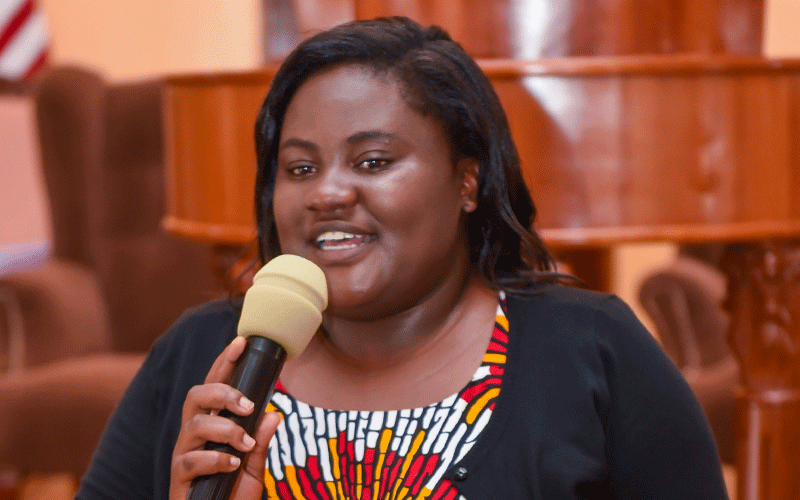Tech comes to the rescue of learners grounded by virus

The sudden closure of learning institutions following the directive by President Uhuru Kenyatta to avert the spread of coronavirus has boosted e-learning.
And Nairobi International School (NIS), which offers the British National Curriculum as they prepare students to sit IGCSE and ‘A’ level from Cambridge and Edexcel as a stepping-stone to universities around the world, has grasped the opportunity.
The directive presented no challenges to NIS administration and students as they seamlessly switched to virtual learning and are holding their usual 8.30 am to 3.30pm classes without a hitch.
“We held a meeting with the teaching staff last Monday and agreed to switch to virtual classes.
Having adopted online learning 11 years ago, teachers were prepared and lessons went on smoothly and we recorded 100 per cent attendance,” said NIS director Radhika Lee.
Email ID
The school migrated to Google Classroom, a free web service, developed for schools in 2010, where students have been receiving and submitting assignments and homework.
With every student already on platform, the school is using MEET, a video conferencing application under the Google suite for education platforms to attend classes.
“It is a requirement for every student to have an email Identification and Internet at home, so this was easy for everyone to do. 
Only teachers are able to start meetings and the usual school schedule is followed for each lesson. The breaks are also observed as would be at school,” she explains.
Lee added: “Only teaching staff have the ability to start a call and students join by accepting the calendar invite, email or through a Meeting code sent by the teacher.
The sessions are recorded and transcribed for future reference. A teacher can have up to 250 students join the class simultaneously.”
Additionally, the school has advised parents/guardians to keep the students occupied with pyhsical activities at home during Physical Education (PE) and swimming sessions.
Initial infrastructure
The school’s engagement with students, at this time of closures, is so elaborate that end of term exams, with the exception of Science Practicals, will go on as scheduled through Google MEET.
When students are through with their exams, they will be required to scan or take a photo of their answer sheets (where Microsoft word was not used) and send it to their teachers.
This is applied for students in Year Five and above. For those in kindergarten up to Year Four, the school is sending worksheets and digital learning materials to guardians through email and WhatsApp platforms.
Lee says financial implication to the parent or the school is very minimal when the initial infrastructure is in place.
“Laptops have become affordable and parents only need a laptop and Internet at home for this to be possible.
The biggest financial burden for the school was incurred 12 years ago when we were setting up the IT infrastructure, but I do not regret it.
While school is important for the social development of our children, the future is technology based.
A mix of both is needed in our education sector,” said the NIS director.
The switch to virtual classes at NIS has been received well with parents expressing gratitude and admiration for the administration’s efforts to ensure their children’s learning goes on uninterrupted.
“I am very thankful as a parent. This platform has shown us what is possible. It is very convenient at this time.
The school has had Google Classroom for a couple of years now. It is not hard to understand.
For parents who are not tech-savvy, the school is organising tutorials which is good,” a Year Eight parent, Cynthia Mumbo, told the People Daily.
Schools running the Competence Based Curriculum (CBC) programmes have not been left behind as Winnie Ngota, the director at Grace Brookside Academy, based at Syokimau, tells us.
“We joined Google Classroom immediately after the president’s directive and are now sending parents study materials and assignments for all the grades.
As at now, we have now embarked on virtual learning as we are hoping the pupils will keep busy with the assignments at the moment.
We also hope that the pandemic will be controlled and we can resume normalcy,” she says.
On her part, Caroline Keli, the director at Umoja’s Joystar Academy is relying on links from credible book publishers which she shares in parents’ WhatsApp platforms to form part of her pupils’ assignments in the period they will be at home.
Kenya Institute of Curriculum Development (KICD) through the national broadcaster, KBC, and their own media platforms have also rolled out a schedule for education programmes aimed at keeping learners engaged while away from school.







